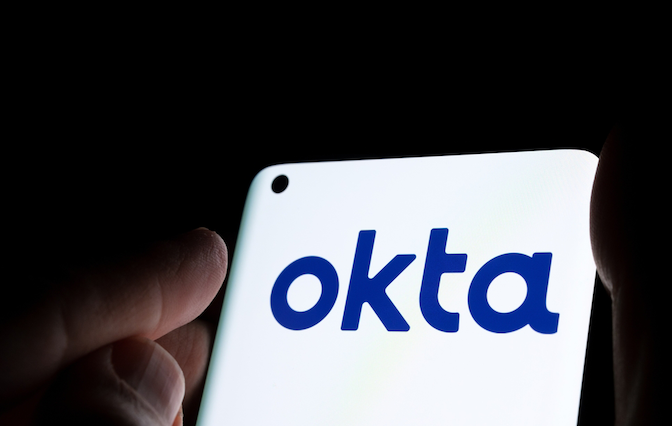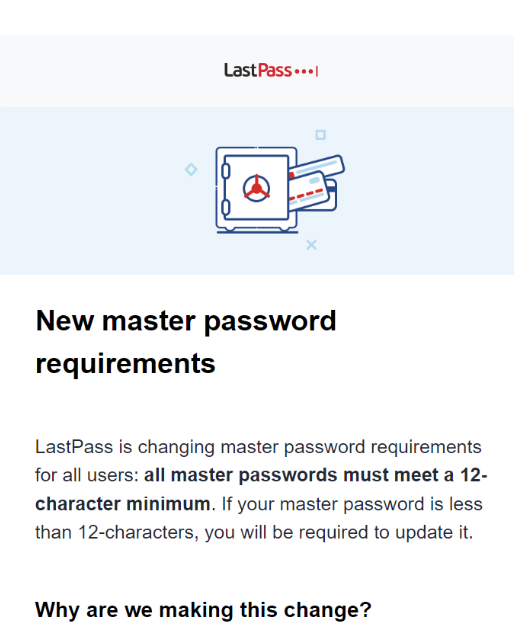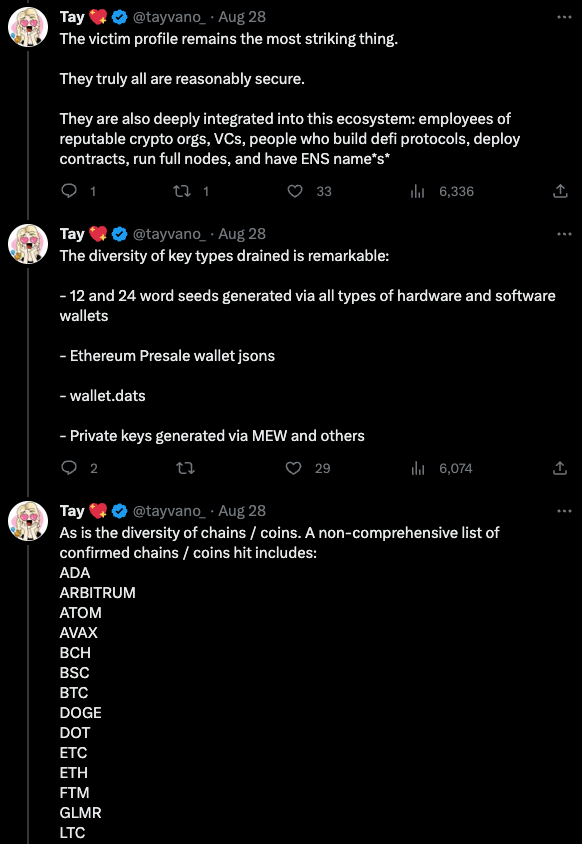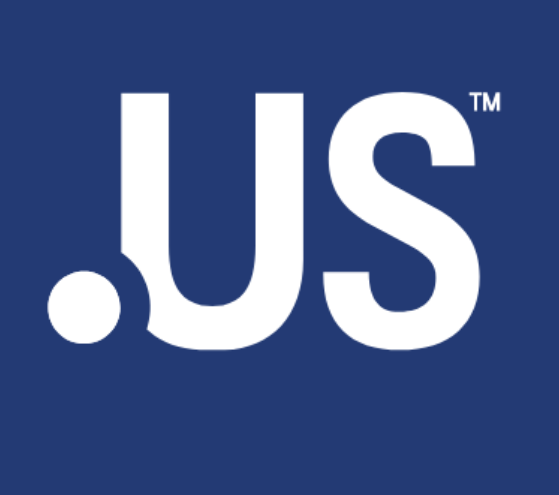Here’s Some Bitcoin: Oh, and You’ve Been Served!

Credit to Author: BrianKrebs| Date: Wed, 10 Jan 2024 13:39:37 +0000
A California man who lost $100,000 in a 2021 SIM-swapping attack is suing the unknown holder of a cryptocurrency wallet that harbors his stolen funds. The case is thought to be the first in which a federal court has recognized… Read More »
Read more





